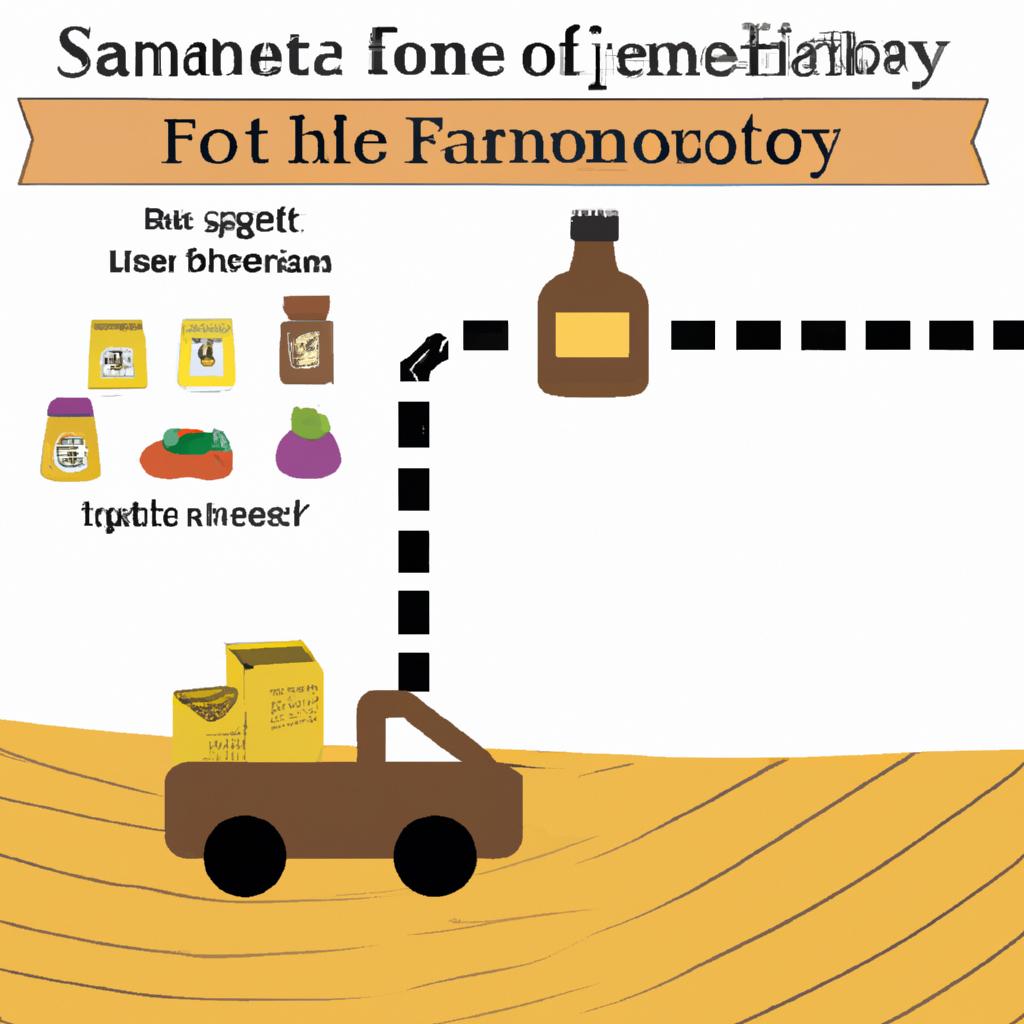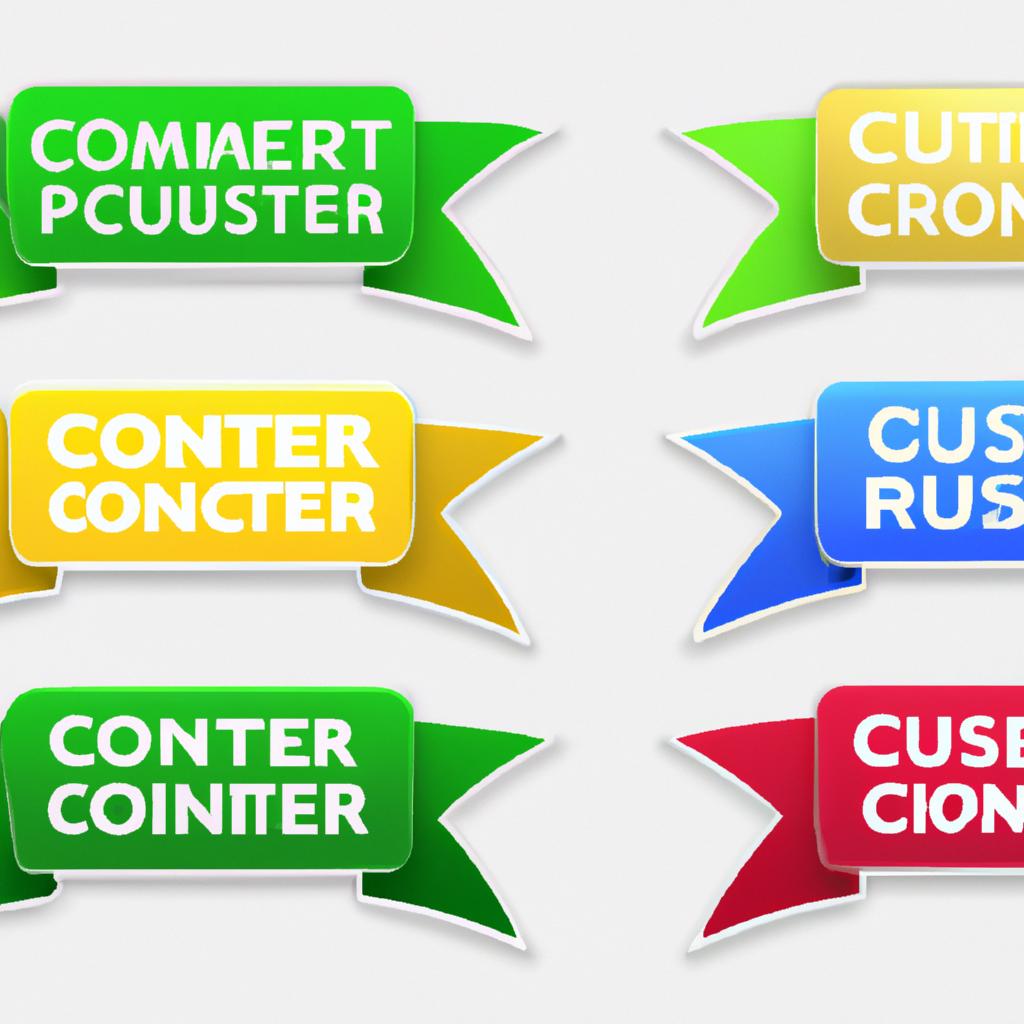
In an age where consumer choices wield immense power, understanding the origins of the products we purchase has never been more crucial. In “Uncovering the Roots: Essential Shopping Tips to Understand Product Origins,” we embark on a journey that transcends the checkout aisle, inviting you to delve into the stories woven into the very fabric of the items we buy. From the ethical implications of sourcing materials to the impact of production practices on communities and ecosystems, the path from raw material to retail shelf can be both enlightening and complex. This article seeks to empower you with essential tips that will help illuminate the histories behind your purchases, fostering a connection between consumer and creator, and ensuring that each shopping decision is informed, responsible, and reflective of your values. Join us as we navigate the intricate web of product origins, transforming the way you shop and connecting you more deeply to the world around you.
Exploring the Journey of Your Purchase From Farm to Shelf
Every product we choose to purchase has a unique story, often beginning in the lush fields of a farm. Understanding this journey is essential for informed shopping, enabling you to connect with the origins of your food and other goods. When delving into the history of your purchases, consider these essential aspects:
- Source Transparency: Look for labels that indicate the farm or region of origin.
- Organic Certifications: Recognize the importance of organic farming practices in promoting sustainability.
- Seasonality: Familiarize yourself with what’s in season to make better choices that support local agriculture.
As consumer awareness grows, many brands are embracing transparency in their supply chains, providing valuable information about their products. This wealth of data often includes details such as:
| Product | Origin | Farming Method |
|---|---|---|
| Avocados | California | Organic |
| Quinoa | Bolivia | Traditional |
| Olive Oil | Italy | Cold Pressed |
Such information not only enhances your shopping experience but also helps support ethical practices and sustainable agriculture, ensuring that every bite is a thoughtful choice.

Decoding Labels and Certifications for Informed Consumer Choices
When navigating aisles filled with a myriad of products, labels and certifications can often be your compass for making informed decisions. Embarking on the journey of understanding these indicators means paying attention to the details that can significantly impact your choices. Always look for reputable certifications that signal quality or environmentally friendly practices. Common certifications to watch for include:
- USDA Organic: Indicates no synthetic fertilizers or pesticides were used.
- Fair Trade: Ensures ethical sourcing and a fair wage for producers.
- Energy Star: Marks energy-efficient appliances that can save you money and reduce environmental impact.
Each of these certifications tells a story about the product’s origin and manufacturing processes, ensuring that your purchases align with your values. However, not all labels carry equal weight. Some may be based on self-regulation rather than a third-party verification process. To help consumers decipher these labels, we can categorize them into two simple tables to illustrate the differences more clearly.
| Label/Certification | Meaning |
|---|---|
| USDA Organic | Certified organic farming practices, no harmful chemicals. |
| Fair Trade | Ethical treatment of producers and sustainable practices. |
| Energy Star | Energy efficiency and savings in energy consumption. |
Moreover, the presence of eco-labels can be a beacon for sustainable choices. It’s crucial to consider the credibility behind each label; not only do you want to know what products are good for you, but also which ones are good for the planet. Awareness of misleading or unverified claims helps you bypass potential pitfalls. Thus, a blend of curiosity and research equips you with the knowledge needed to support brands truly committed to sustainability and ethical practices. Always verify the organizations behind the certifications and ask questions if a label piques your interest.
Future Outlook
As we conclude our exploration of “Uncovering the Roots: Essential Shopping Tips to Understand Product Origins,” it’s evident that the journey from production to purchase is a tapestry woven with stories, ethics, and environmental considerations. By arming ourselves with knowledge and taking the time to delve deeper into where our products come from, we not only become more conscientious consumers but also champions of industries and practices that reflect our values.
The next time you step into a store or browse online, remember that every item has a narrative. Your choices can resonate far beyond the checkout line. From supporting sustainable practices to honoring craftsmanship, each conscious decision contributes to a broader movement for transparency and accountability.
As you embark on your shopping adventures, let curiosity guide you. Look for labels that tell a story, ask questions that uncover hidden truths, and embrace the power of your purchasing decisions. Together, we can cultivate a marketplace that prioritizes authenticity and integrity, ensuring that every transaction fosters a deeper respect for the origins of the products we bring into our lives. Your shopping journey is just beginning—happy exploring!
















